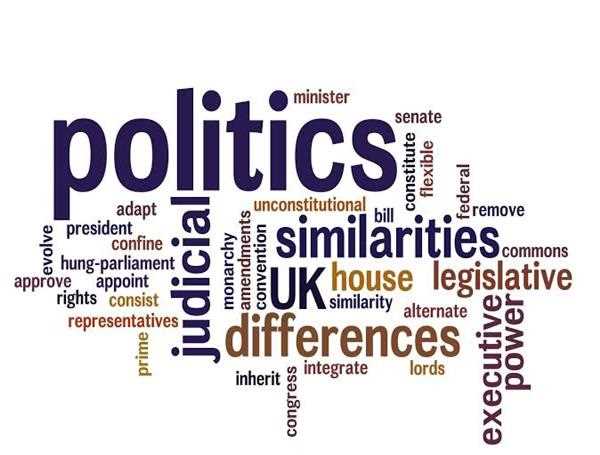The world encompasses a wide range of political systems that reflect the diverse ideologies, values, and structures of governance found across nations. Here are some of the different types of political systems commonly observed:

1. Democracy: Democracy is a system in which power resides with the people, who exercise their authority through voting and participation. It emphasizes the protection of individual rights and freedoms, and elected representatives make decisions on behalf of the citizens. Examples include the United States, Germany, and India.
2. Monarchy: Monarchy is a system in which a single ruler, often a king or queen, holds supreme authority. The monarch's position is typically hereditary, and governance may be absolute or constitutional, where a constitution limits the monarch's powers. Illustrations comprise the United Kingdom, Saudi Arabia, and Japan.
3. Authoritarianism: Authoritarian systems involve a concentration of power in the hands of a single leader or a small group. These systems prioritize strong central control and limit political freedoms and civil liberties. Examples include North Korea, China, and Cuba.
4. Totalitarianism: Totalitarian systems exert extreme control over all aspects of public and private life. They suppress dissent, restrict individual freedoms, and maintain tight surveillance. Examples include Nazi Germany under Adolf Hitler and the Soviet Union under Joseph Stalin.
5. Socialism: Socialism aims to create an equitable society through collective ownership of resources and the means of production. It seeks to reduce economic inequality and provide social welfare programs. Examples include Sweden, Cuba, and Venezuela.
6. Communism: Communism advocates for the establishment of a classless society where resources are shared collectively. It envisions the eventual abolition of private property and the state. Historical examples include the Soviet Union and Maoist China.
7. Theocracy: Theocracy is a system in which religious leaders hold the highest authority, and governance is guided by religious principles. The state's laws and policies are derived from religious texts. Instances encompass Iran, Saudi Arabia, and Vatican City.
8. Federalism: Federal systems divide power between a central government and regional or state governments. This allows for a degree of self-governance at subnational levels while maintaining a unified national structure. Examples include the United States, Canada, and Germany.
These are just a few examples of political systems, and variations and combinations of these systems can exist. It is important to note that countries may not fit neatly into a single category, as political systems can evolve or be influenced by a blend of different principles. Understanding the diversity of political systems worldwide contributes to a broader perspective on governance and its impact on societies.